A Word-Centered Witness - 1 Timothy 2
I’m excited to preach a simple, straightforward, uncontroversial portion of God’s Word.
Of course, I’m joking - because as many of you know, this is one of (if not the most) controversial passage in all of Scripture. And really it’s controversial because we live in a completely egalitarian culture where the differences between sexes have either been blurred or erased.

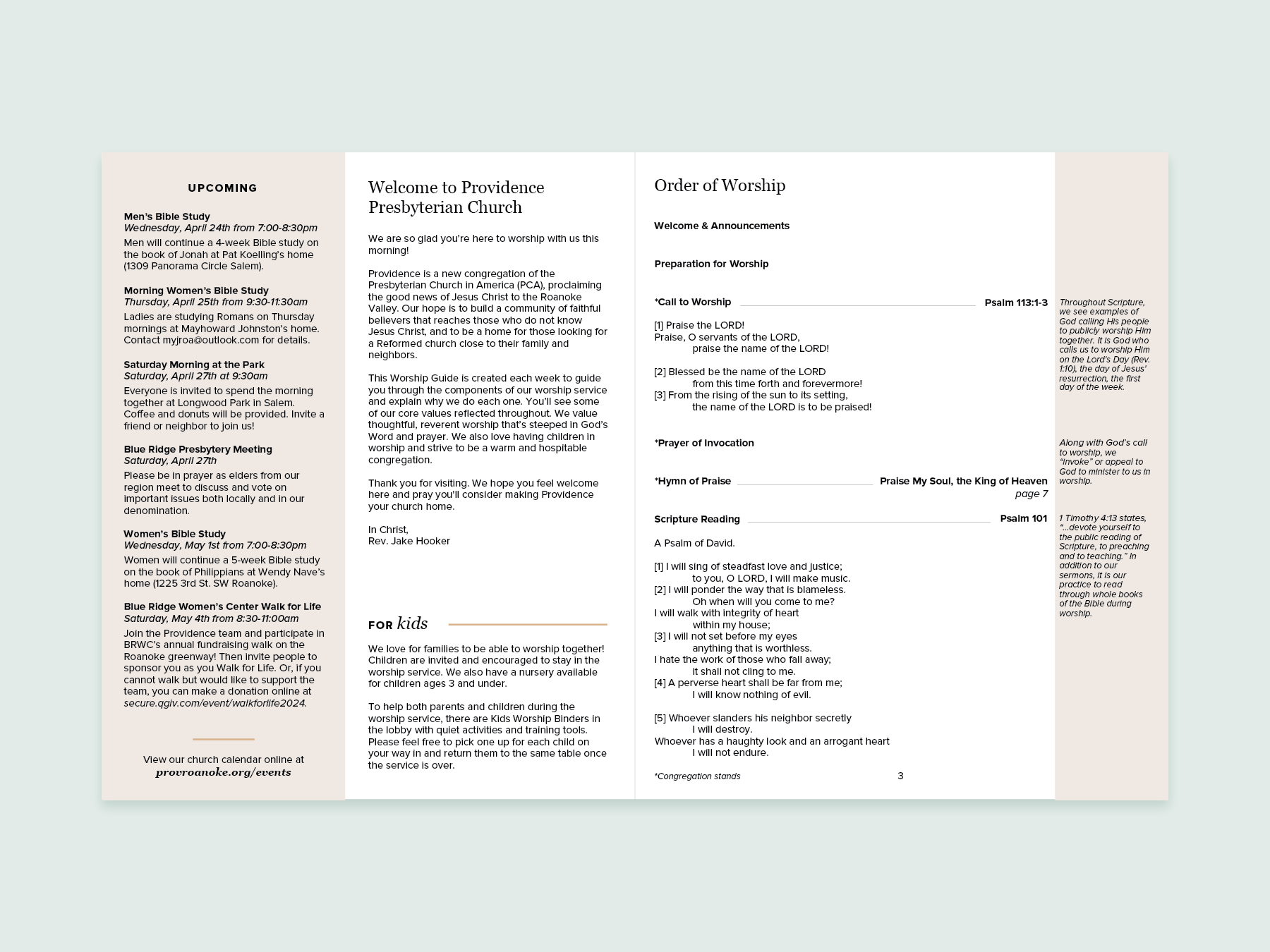

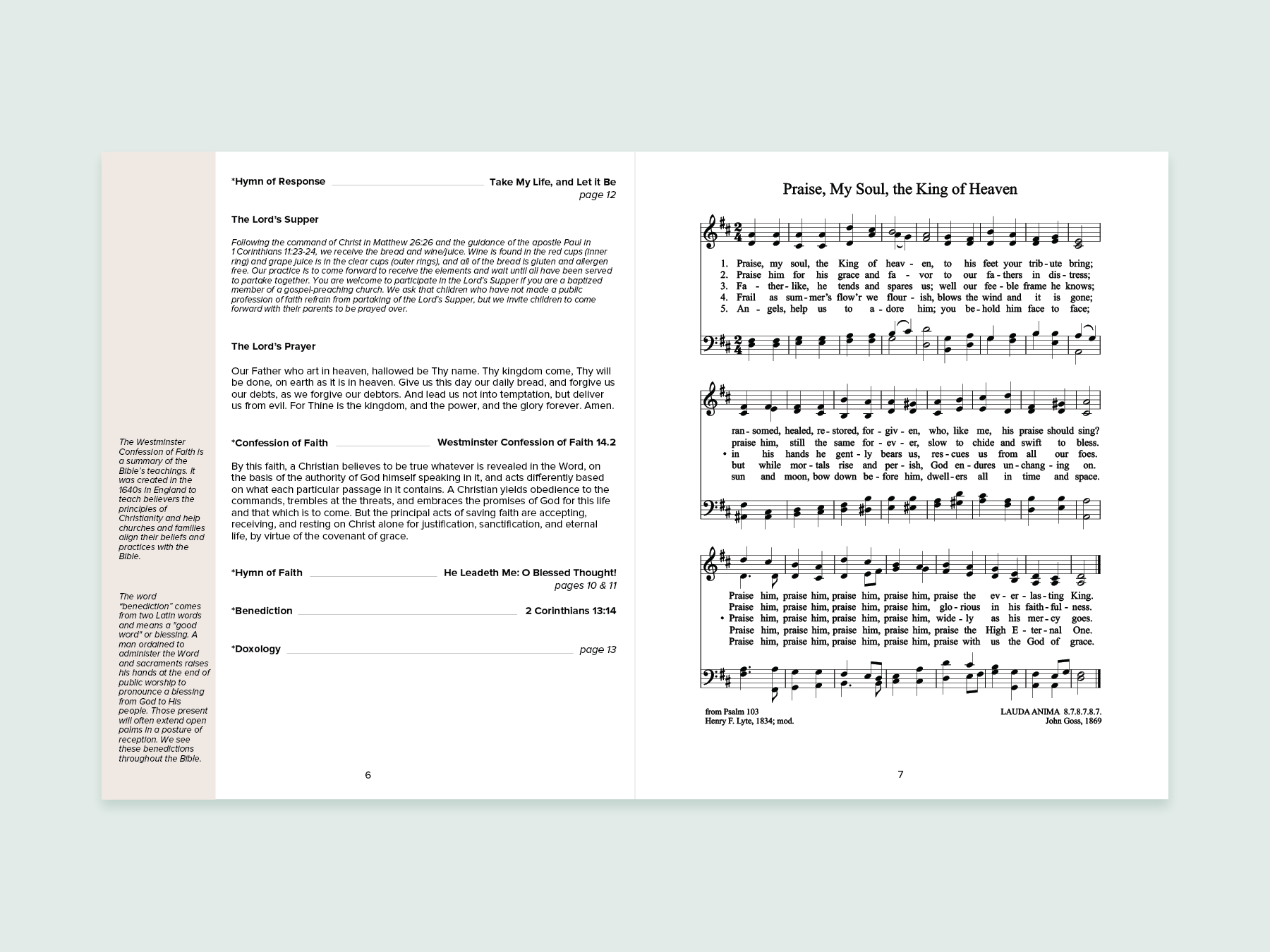
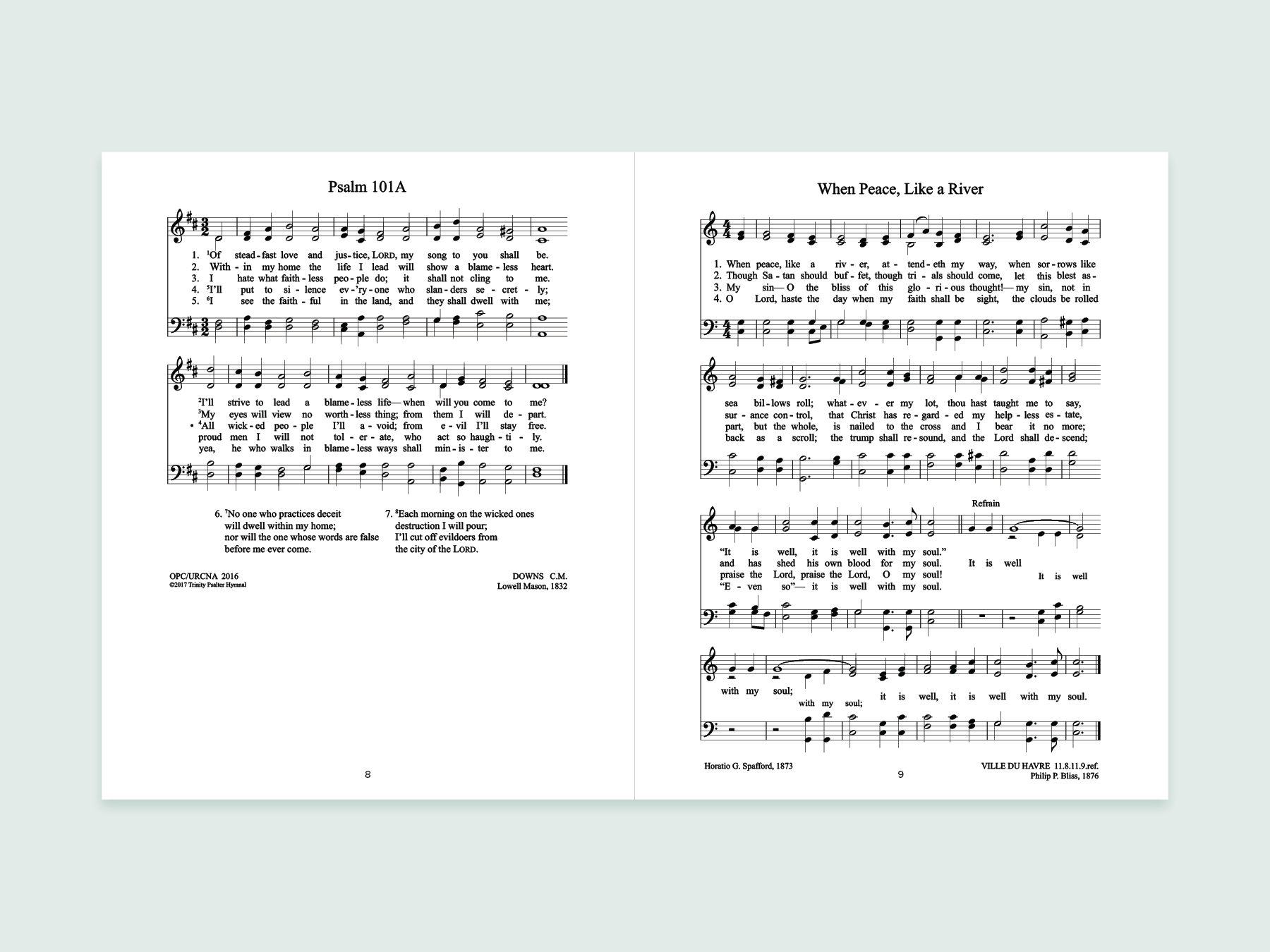
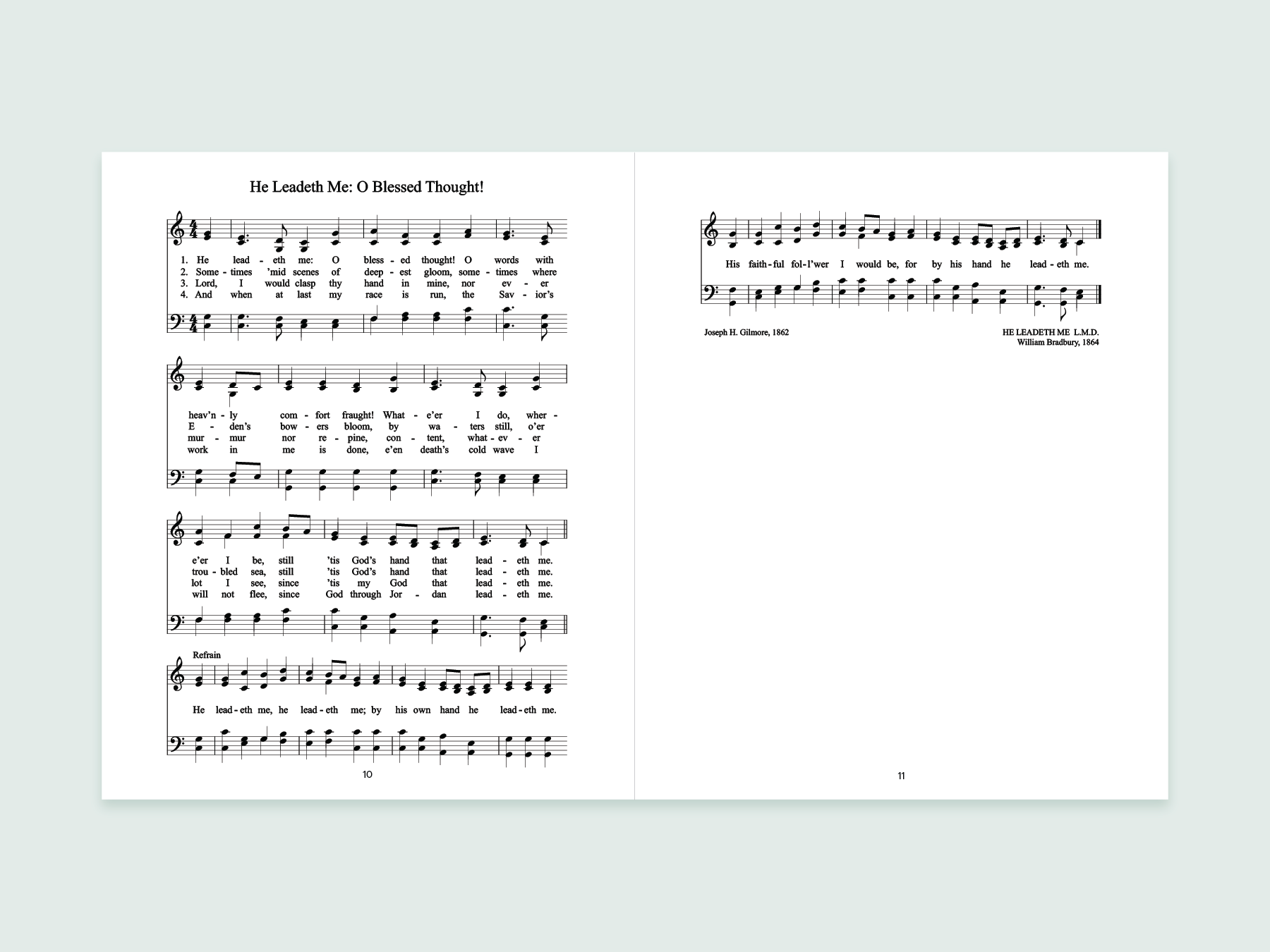
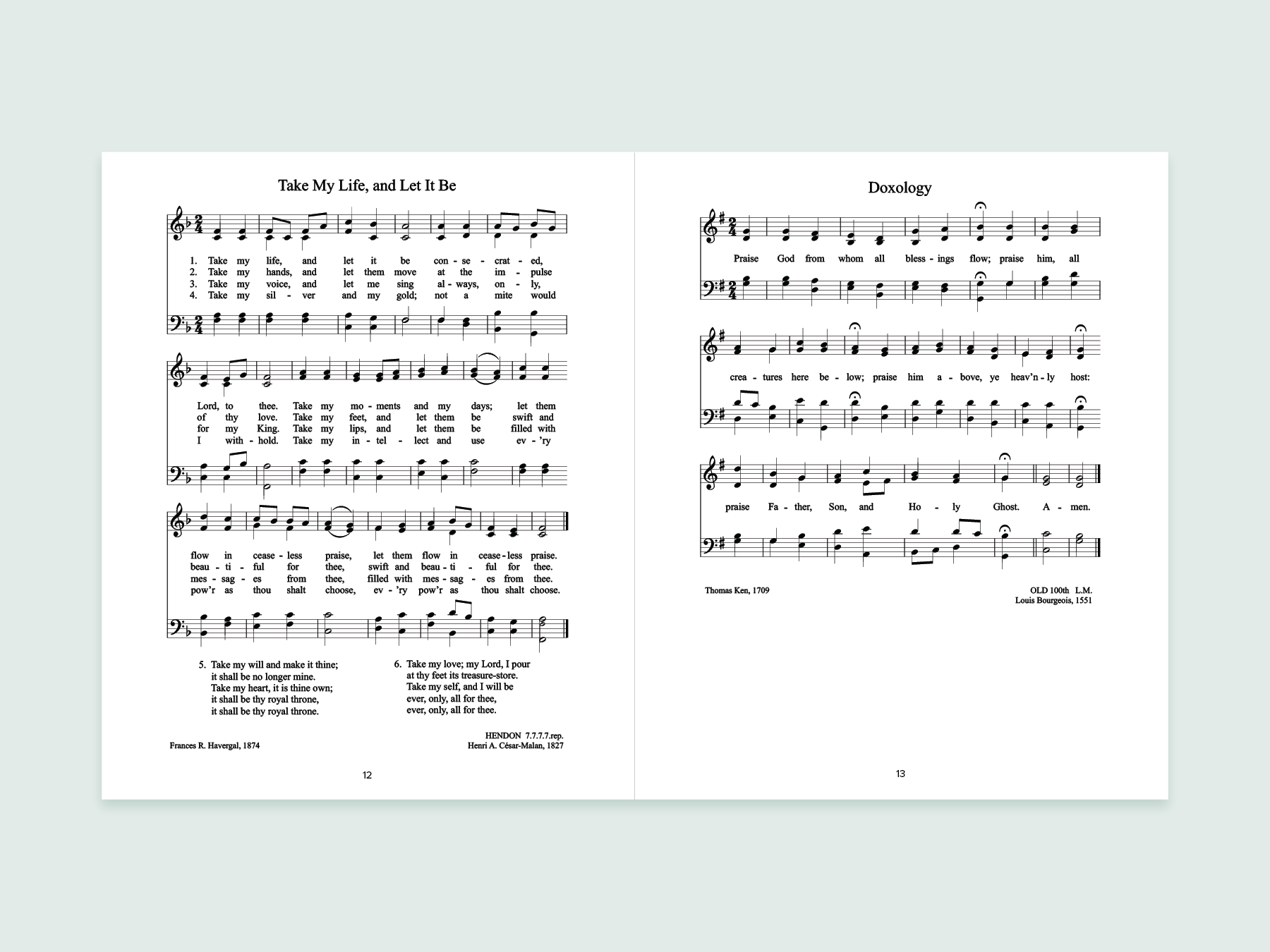

Men can compete in women’s sports. I guess women can try to compete in men’s sports. We’re constantly told that men can become women and women can become men. Women can take on what were traditionally masculine roles and men can take on what have been traditionally understood as feminine roles.
That’s what I mean when I say we live in an egalitarian society, any distinctions between men and women have been flattened or are being erased. That’s the world we live in, so it shouldn’t be a surprise that what we just read from 1 Timothy 2 is controversial.
But it hasn’t always been a controversial passage. The traditional understanding of this passage had a monopoly for about 1,970 years in the church. Only within the last 60 years or so has this passage become contentious.
I recently read that a scholar from Trinity Evangelical Divinity School did a study to see when progressive and feminist scholarly articles on 1 Timothy 2:11-15 began to appear. You can probably guess what he discovered: Progressive arguments and interpretations of this particular passage started showing up en masse in 1969. Which of course, coincides with the second wave feminism in America.
Don’t worry, you’re not going to hear a sermon on the perils of second wave feminism or the fact that our society is going down the tubes, although I probably could do that.
The reality is, for most of church history, the church has existed in cultures that were hostile to God’s Word.
After all, when Paul penned his letter to Timothy, Nero, who was a massive persecutor of the church, was the Roman Emperor.
But what’s really important is that Paul is giving Timothy strict guidance on public worship. Next week, he’s going to give Timothy guidance on the structure of the church.
But in chapter 2 he’s focused on the public worship of the church. That is, the nuts and bolts of a worship service.
Which is undoubtedly an interesting point isn’t it? Generally most of us have been taught that how we worship really doesn’t matter. That the order of service, worship styles, prayer or lack of prayer is dependent upon one’s personal preference.
I like chocolate, you like vanilla, but at the end of the day we’re both eating ice cream. That’s the pervasive understanding of worship in the church and yet, Paul is very thorough in his directions to Timothy in this particular passage isn’t he?
And I think the reason it’s so important is quite simple: public worship is a reflection of your commitment to God’s Word. That is, how a church’s worship service is structured demonstrates their devotion, loyalty, and faithfulness to God’s Word.
His instructions to Timothy in chapter 2 break down into three sections: The content of worship (vv. 1-7), second the conduct of worship (vv. 8-10), and lastly, the constraints of worship (vv. 11-15).
The Content of Worship (vv. 1-7)
In case you didn’t notice verses 1-7 deal primarily with what we should pray for in the context of public worship.
Paul tells Timothy who he should be praying for: he tells him to pray “for all people.” In fact, at the beginning of verse 1, Paul tells Timothy that he should offer every type of prayer “for all people.” Because “supplications, prayers, intercessions, and thanksgivings” are all different types of prayer.
Every type of prayer should be made for “all people,” and it seems obvious, but still worth mentioning that Paul doesn’t mean that when the pastor stands behind the pulpit to offer the pastoral prayer, he should pray for every single human being on the face of the planet.
He means all types of people. We should pray for the poor, the sick, the wealthy, locals, and foreigners. We should not leave certain types of people out of our prayers. We should pray for all people.
Which explains why he goes out of his way to instruct Timothy to pray for those in authority. According to Paul prayers should be made “for kings and all who are in high positions…”
Isn’t that interesting? Often it is easier to pray for the poor, needy, and sick than it is to pray for those who are in high positions, because it often seems and feels like the people in high positions are the very ones that exploit the most people!
Sometimes it really does seem like the only time a politician tells the truth is when he calls another politician a liar.
It’s difficult to genuinely pray for those that are in positions of power in our government and yet, it’s precisely what God’s Word calls us to do. We’re supposed to pray for them.
And he tells us why: we’re called to pray for them so that we can “lead a peaceful and quiet life, godly and dignified in every way.”
His word choice suggests freedom from outside disturbances and inner turmoil. That doesn’t mean Paul thought believers should adopt a live and let live approach to life. Rather, freedom from war and persecutions mean that the gospel could spread more easily.
We should pray for peace in this world so that more can have the opportunity to hear the gospel! That’s what Paul has in mind here. Which is why he goes from talking about leading quiet, godly, dignified lives to “God desires for all men to be saved.”
This is one of every Arminian’s favorite verses. Because whenever election or predestination come up in the course of conversation folks will sometimes point to 1 Timothy 2:4 and say see God desires for “all men to be saved.”
But this is a great example of why we shouldn’t rip verses out of their context, because Paul here in verse 4 is repeating the same language he used in verse 1.
Just as we should pray for “all people” God desires for “all people” to be saved. We should understand that God desires for all types of people to be saved.
We should pray for all types of people because God saves all types of people.
No one is unsaveable because of their ethnicity, socioeconomic class, or position. Not even kings, rulers, and politicians are beyond the saving arm of God.
Every person is a sinner and every sinner is saved in the exact same manner: through the cleansing blood of Jesus Christ. “For there is one God, and there is one mediator between God and men, the man Christ Jesus, 6 who gave himself as a ransom for all…”
Again, “ransom for all” should be understood in the same manner, “ransom for all types or classes of people.”
And that’s really the beauty of the God we serve isn’t it? There is no special class. There are no shortcuts to salvation! There are no elites in God’s kingdom.
It’s not like this group of people have to do x, but if you’re this type of person then you have to do x and y.
There’s none of that! Simply trust in the Lord Jesus Christ and you will be saved.
Keep in mind why the content of worship would have been so important at this particular time: in Ephesus both Jews and Gentiles were worshiping together.
People that didn’t have a drop of Jewish blood in them were worshiping the living God alongside those that were Jewish through and through. Which is why it was so important for Timothy to pray for Gentile rulers and to be reminded that anyone and everyone could be saved by the grace of God.
The content of their public worship had to graft in gentiles because God had grafted in gentiles. The content of their prayers and sermons was incredibly important.
And I hope this is a healthy reminder for all of us this morning: there are no unsaveable groups of people and because of that we should pray for every class of people.
Conduct in Worship (vv. 8-10)
Men (v. 8)
But not only were the prayers and sermons an important part of worship, but so is your and my approach to worship.
You and I must prepare ourselves for worship each and every Lord’s Day. I don’t know about you, but I often feel like Satan works overtime on Sundays.
I often find myself more irritable, easily offended and short tempered as I’m walking out the door to go to church. And I know I’m not the only one.
How many times have you had a great week only for everything to be ruined as you're trying to get everyone out the door for church? Little annoyances seem to boil over on Sundays, don’t they?
I shouldn’t be surprised by it, I need to do a better job of cultivating a heart that is prepared to worship the living God.
Which is precisely what Paul is driving at in verse 8. “I desire then that in every place the men should pray, lifting holy hands without anger or quarreling…”
The men who pray in worship should do so without anger or quarreling. That is, we should come with our hearts and minds prepared for worship, which is why Paul instructs Timothy to “lift holy hands.”
You might read that and think Paul is commanding a posture for prayer, right? That every time an elder stands to offer the pastoral prayer, he is required to then lift up his hands.
But the Scriptures give many examples of appropriate postures of prayer: standing, hands lifted high, bowing the head, kneeling, just to name a few.
The key to understanding this particular verse is the word, “holy.” How can their hands be holy if no one no not one is righteous? All have sinned and fall short of the glory of God.
Just because you stand up here and offer the pastoral prayer doesn’t mean you suddenly become holy. Of course, Paul doesn’t expect the elders of the church to be sinless, rather, he expects the elders of the church to come with the right attitude before the Lord, which is why he says they should pray without anger or quarreling.
They shouldn’t lead God’s people in prayer while they harbor anger against a brother in their heart.
When elders pray in a worship service, they should be humbled before the Lord.
We must prepare ourselves for worship. It’s of course true for those who lead God’s people in worship but it’s really true for all of us isn’t it?
Women (vv. 9-10)
Women should come into worship with their hearts prepared too, which is why Paul says what he says in verses 9 and 10.
Paul then explains how women are to conduct themselves in church: They’re supposed “adorn themselves in respectable apparel, with modesty and self-control, not with braided hair and gold or pearls or costly attire…”
Apparently, in Ephesus women would have these elaborate hairstyles and wear these costly hair clips and it was a way to flaunt wealth and money. And obviously that would fuel comparison within the life of the church. Which of course would have been entirely inappropriate given that there were all sorts of people in the church of Ephesus, including the poor.
Now obviously, this remains true. It’s inappropriate to find ways to flaunt your wealth in front of others, but immodesty now looks a little bit different, doesn’t it? Because now, there is a tendency towards immodesty in the way women will dress.
I trust ladies that you won’t be offended by me addressing this particular issue directly. Now obviously, my goal isn’t for you all to return next Sunday in burkas. Nor do I expect you to dress like Laura Ingalls from Little House on the Prairie. But I think we can all agree that this is an issue.
Because the reality is, many men struggle in this area. There are men who are fighting for purity and the odds are frankly our world is stacked against them. Forget the internet for a moment, sometimes you’ll be riding down the interstate and see a billboard with a scantily clad woman on it!
It’s everywhere. And of course, you’re not responsible for men’s sins. They are. They have to own it and put their sin to death. So it’s not necessarily your fault that men struggle in this area.
But it is ironic when you hear women say things like they don’t want to be sexualized, instead, they want to be treated with dignity and respect. Sisters, do you honestly think that how you dress has no impact on that?
Sisters in Christ, please do not be stumbling blocks to your brothers.
Additionally, fathers and husbands have a role to play here as well. We should be willing to say to the women in our house, “you know, I don’t think you’re dressed appropriately.” Ladies, you should be willing to receive the feedback. In fact, you should welcome it. Instead of being offended, you should be willing to ask “is this appropriate?”
Look, I’m not the fashion police here. I’m not saying make yourself ugly, unattractive, and dress unfashionably, all I’m asking is for you to carefully consider how you dress in general, but especially in worship.
After all, there are better things of immeasurable value: seek to be a woman of godly character.
I like how the NIV renders verse 10. Sisters you should adorn yourselves “with good deeds, appropriate for women who profess to worship God.”
That’s how you become a woman worthy of respect and honor.
Constraints in Worship (vv. 11-15)
So Paul outlines the content for worship, the conduct in worship, and now he gives the constraints for worship.
Admittedly the constraints Paul gives are controversial in our modern age. In fact, these words are controversial within American Evangelicalism.
“Let a woman learn quietly with all submissiveness. 12 I do not permit a woman to teach or to exercise authority over a man; rather, she is to remain quiet.”
We’re just moving from one fun topic to another, aren’t we?
In these verses he’s restricting women from authoritative, doctrinal, public instruction. This would include formally leading the church in one or any of the elements of public worship whether that’s praying, preaching, or even reading Scripture. I think it even extends to teaching adult co-ed Sunday School classes because it’s under the authority of the local church.
It also excludes women from holding either the office of elder or deacon.
Now you can and many have utterly dismissed the words of Paul altogether. For this passage in particular he’s been labeled a misogynist. But dismissing Paul in this way would be incredibly simplistic, because many of Paul’s greatest supporters were women!
The businesswoman Lydia, was an incredible financial supporter of Paul’s ministry. Then in Titus 2, Paul gives specific instructions for women to minister to one another. My point is that Paul cared deeply about the women of the church.
And yet at the same time, he wasn’t analyzing polling data in order to craft the most agreeable answer. Rather Paul is telling Timothy that he is bound by word of God.
But with all of this said, Paul is not saying that women cannot teach us anything about God. That would be laughable. For many of you, your mother was your primary teacher about God and the reason you grew up going to church! Paul is restricting women from discipleship, he’s restricting them from church offices and titles. Paul teaches that only qualified men are to lead the church, why?
Well he tells us in verses 13 and 14.
He tells us that qualified men must lead the church because man was created first. On the surface it sounds a little archaic, doesn’t it? Like why does it matter who was created first or second? Well, it matters because when God created man first and then woman he intended it to be a reflection of their relationship in marriage. That is, men were created first because they are supposed to be the leaders of their home.
And Paul uses the creation order as support or proof that just as men are supposed to be leaders in their home, they’re also supposed to be leaders in the church. And it’s critical that he points to the creation order as evidence for this truth, because his point is that it has always been and will always be this way. Paul’s rationale in verse 13 means that what he says in verses 11-12 are true regardless of culture, time, and location.
But what about verse 14? Is Paul saying that women are more gullible than men? Men have to run the church because women are ignorant and incapable of doing it. Well, of course not. That’s not his point at all.
Adam was right there when she took the fruit. All she had to do was turn and hand it to him. No, what he is saying is that sin came as a result of the disordering of their marriage. When men and women reject or fail to take ownership of their God-given role and duties, bad things happen. When men’s and women’s roles are reversed things break down. Eve took control in the garden as Adam idly watched, and that’s when man fell into sin.
And so in verse 15, Paul says rather than rejecting your God given role, women should embrace it. Obviously, this is true for men as well, but Paul is speaking to women in verse 15. You may be wondering, how do you get that out of verse 15.
I’ll try to explain it quickly. Verse 15 is admittedly the most difficult verse in this whole chapter, which, as it turns out, is full of difficult to understand verses.
He’s not saying that women are justified through childbearing. If that were the case then he’d be contradicting himself. As Paul says in Ephesians 2, we’re saved by grace through faith in Christ.
I think what Paul is saying here is similar when he tells the Philippians, “to work out your salvation with fear and trembling.” That is, our sanctification falls under the broad umbrella of salvation.
That is, as the days of our lives pass, and we grow in grace we get closer and closer to our ultimate salvation and final destination.
In a similar way, when believing women embrace their God-give role and raise children who trust in Christ, and are obedient to the word of God, they’re working out their salvation.
Obviously, I believe that worship is incredibly important. I pray you hear the gospel and are reminded of Biblical truth each week at Providence, however, there is a limiting factor.
Our worship services last approximately an hour. I preach for about thirty minutes or so. There are like 168 hours in a week, and you spend only one hour at church. So worship consists of .05% of your week.
I have the title and the office, but my influence on your life and your family is relatively small. I try to point you all to the Lord, but I have no idea what each of you deal with day in and day out.
I bring this up to simply say: The person who will have the greatest impact and influence on your family for Christ isn’t me, it’s you. Sisters, I hope you see the connection that I’m drawing here: even though the offices of the church are reserved for men, you still have tremendous influence and impact on the life of the church.
Ladies, your influence in the church isn’t top down, rather is bottom up.
This is true obviously for those of you who have small children at home, but this is true for grandmothers as well. And even if you’re single, having a thorough grasp on your God-given gender roles will make you even more prepared for marriage.
In many ways, this whole chapter is about men and women embracing their God given roles in worship.
As I said at the beginning of this sermon, I’m highly aware that this is one of the most controversial passages in the entire Bible.
But here’s the thing: if our rationale for how we structure our worship services is anything other than this is what God’s Word tells us, then we’ve missed the mark, haven’t we?
Even if we said, we only have male-lead leadership because it’s the way we’ve always done it around here, well that’s not right either! We do it because God’s holy and inspired Word instructs us to do this.
I was recently read this quote from Rosaria Butterfield’s most recent book, The Five Lies of Our Anti-Christian age:
“If the Bible isn’t 100 percent true in all parts, the whole book will start to unravel in your hands the minute you are crossed. Like Eve, you will ponder Satan’s question, “Did God actually say…?”
The moment you begin to debate, quarrel, or argue with God’s word is when the Bible no longer becomes your only rule for faith and practice. In fact, Paul draws a straight line from public worship to gospel fidelity.
It’s only when we submit to God’s Word in all of its parts can we then boldly proclaim, “there is one God, and there is one mediator between God and men, the man Christ Jesus, who gave himself as a ransom for all…”
Amen. Let’s pray together.
